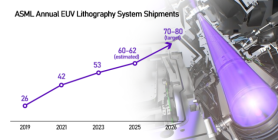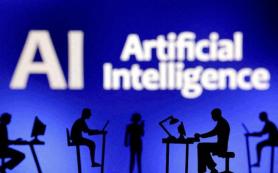
SEOUL, July 23 (AJP) - In the not-so-distant past, landing a job in South Korea meant printing resumes, navigating job boards, and endlessly refreshing inboxes.
But today, tens of thousands are finding employment with a very different kind of help — an artificial intelligence system that knows what they’re good at, what they want, and where they’re likely to succeed.
According to the Ministry of Employment and Labor, the number of successful job placements through the country’s AI-powered job matching platform surged 84 percent in the first half of 2025, compared to the same period last year.
That translates to more than 87,000 people who found work through Work-Net, a government-run digital platform that pairs job seekers with openings based on their resumes, experience, and career goals.
And it’s not just placing people in jobs — it’s helping them earn more. Workers who were matched through AI recommendations reported wages that were, on average, 120,000 won higher per month in employment insurance records than those who applied for jobs on their own.
The platform is finding particular traction in white-collar and high-skill fields, including management, finance, research, and engineering — industries where applicants’ nuanced qualifications can be difficult to match manually. AI has made that process faster and more precise.
One of the standout tools is JobCare, a virtual career counselor of sorts. Using natural language processing and machine learning, it scans resumes and cover letters to suggest tailored job paths, relevant training, and even potential career pivots. In just six months, JobCare issued more than 274,000 personalized career reports — 50 percent more than the same period last year. Most of its users are in their 20s, many navigating their first steps in a fast-changing labor market.
That demand is prompting the government to scale up. Beginning in September, Work-Net will roll out four new AI-driven features: a personalized career aptitude test, an employment probability model that estimates hiring likelihood, a smart vocational training recommender, and an automated job posting assistant for employers.
“This is about making employment support more accessible, more personal, and more effective,” said Cho Jung-sook, director of Employment Support Policy at the ministry. “We want to meet people where they are — with services that work for them, backed by AI and big data.”
Behind the numbers is a larger trend: South Korea is betting big on digital infrastructure — not only to manage a shifting labor force, but to empower it.
As the country accelerates its transition to a digitized economy, its jobseekers are bringing along an unlikely but increasingly essential ally: artificial intelligence.
Copyright ⓒ Aju Press All rights reserved.




